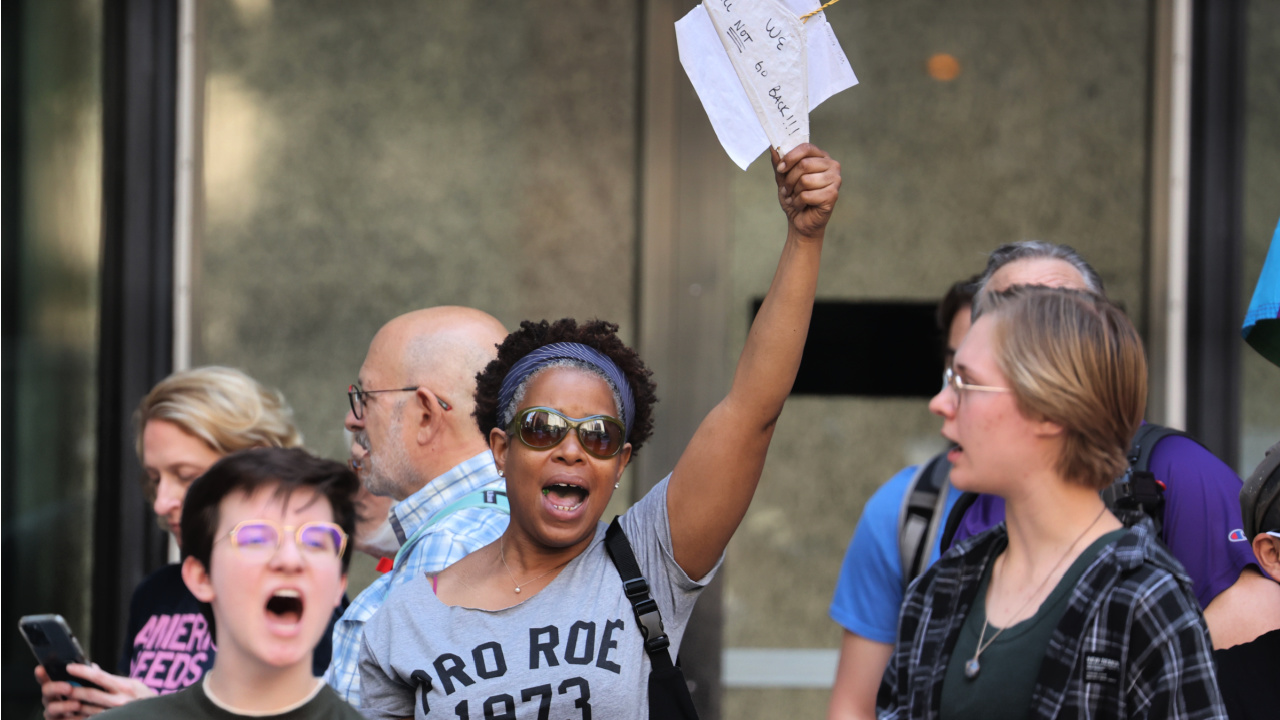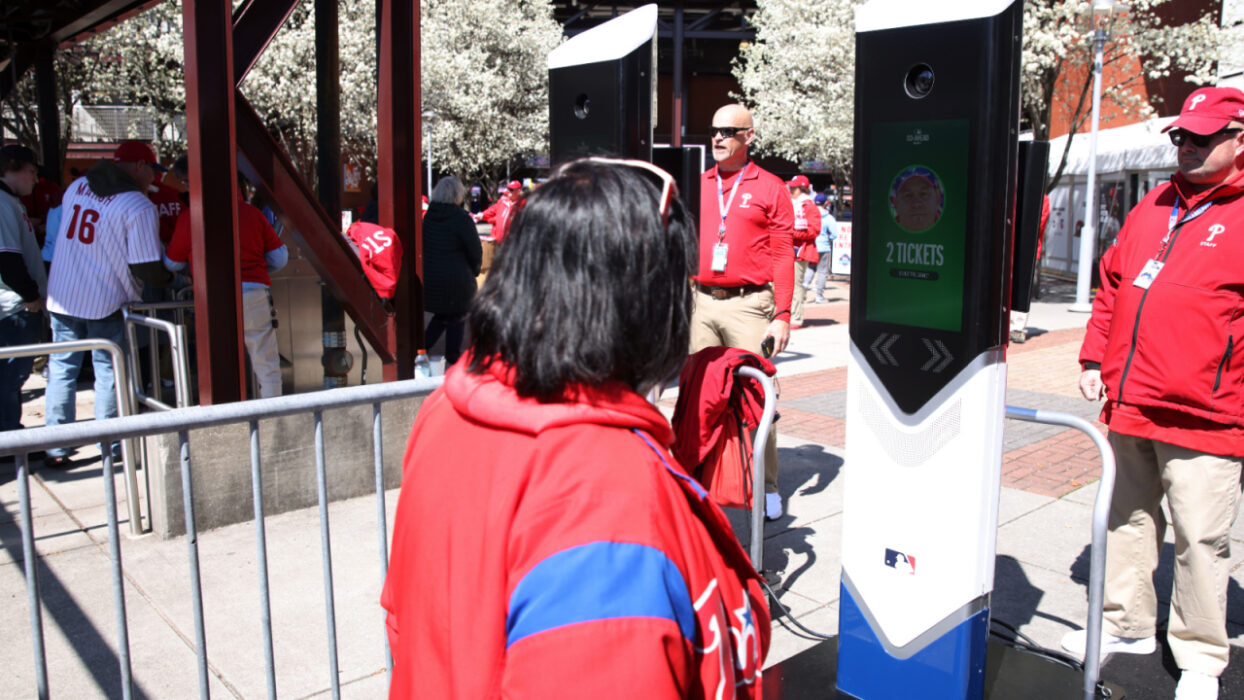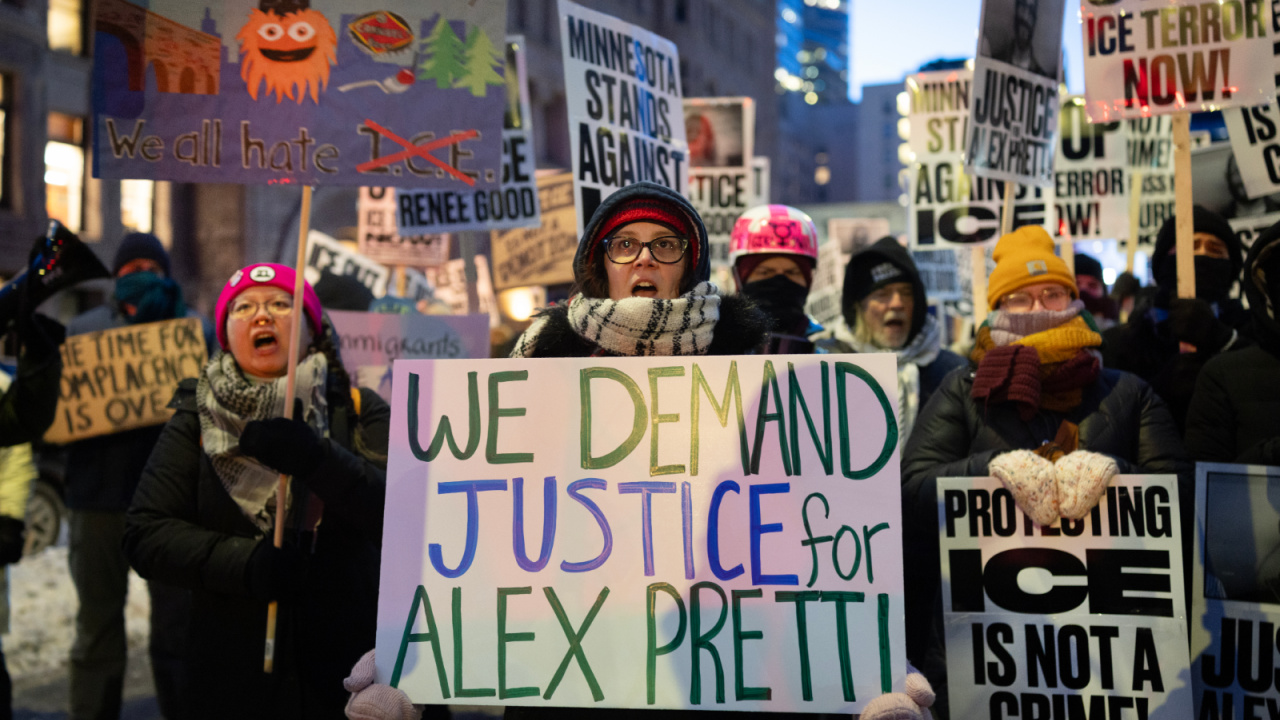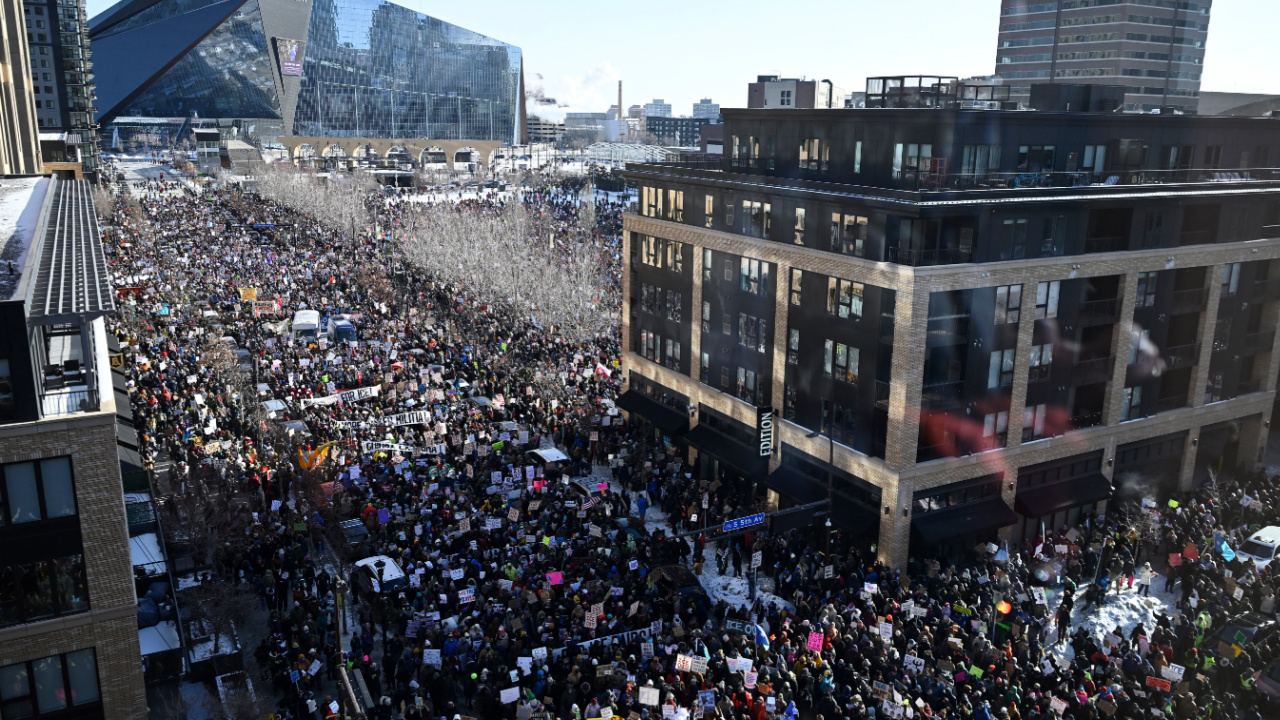
Latinas Bear the Brunt of Roe v. Wade’s Overturn One Year On
It has been one year since the Dobbs v. Jackson decision eviscerated Roe vs. Wade and ended 50 years of precedent, setting women’s reproductive rights back to the Victorian era, when abortion was an illegal activity.
Since then, 25,640 fewer abortions have been performed in the United States, according to the Society of Family Planning.
This number should scare you if you are a Latina/gestating person of reproductive age living in the U.S.
Why? Because Latinas are the most affected by the collapse of Roe vs. Wade.
The impact of blocking abortion access for Latinas
With the passing of Dobbs v. Jackson, federal protection of reproductive rights for women and gestating people ended. Since then, state legislators became the adjudicators of women’s fundamental human rights.
At present, 14 states have near-total abortion bans during any point in pregnancy already in place.
These states are Alabama, Arkansas, Idaho, Kentucky, Louisiana, Mississippi, Missouri, North Dakota, Oklahoma, South Dakota, Tennessee, Texas, West Virginia, and Wisconsin.
States such as Arizona, Wyoming, Indiana, and Utah, among others, have similar bans, but the courts have blocked these temporarily.
And who are the largest group of women of color presently living in states that have instituted abortion bans and egregious restrictions? Latinas.
Up to 6.5 million Latinas live in 26 states that have banned or are attempting to ban or profoundly limit access to abortions, according to the National Partnership for Women & Families and the National Latina Institute for Reproductive Justice.
We are talking of at least 42% of all Latinas between the ages of 15 and 49 — or 4 out of every 10 Latinas who call one of these states home.
Almost 3 million Latinas who live in these states are economically insecure and deeply impacted by state bans. They don’t have the money to travel to another state for abortion care.
Also, women who can’t get an abortion, many mothers already (and many single parents), are denied abortion care and are more likely to find themselves mired in poverty with little way out.
The connection between the actions of these states and race is unavoidable
The state’s intrusion negates Latina women our humanity and personhood.
It denies “their right to have rights,” in the words of the humanist thinker Hannah Arendt.
And it hasn’t stopped there.
In the most aggressive move against reproductive rights since the death of Roe v. Wade, a Texas judge tried to backtrack FDA approval of mifepristone — the most common method of medication abortion in the U.S.
The U.S. Supreme Court stepped in and blocked the lower court order that would have eliminated the availability and use of the drug.
The high court’s ruling upholds the current FDA rules that keep mifepristone available for medication abortion where abortion is permitted while a protracted legal battle unfolds.
It is known that women of color experience higher health complications, morbidity related to pregnancy, and even death.
However, it is not common knowledge that denying access to reproductive rights impacts Latinas more than any other community.




